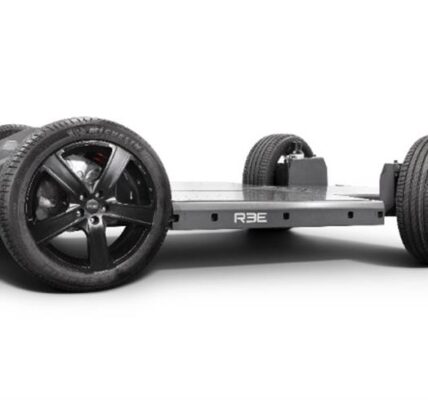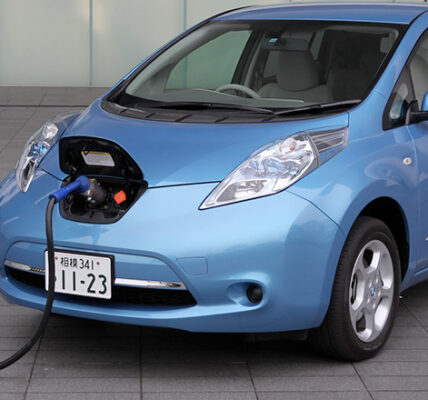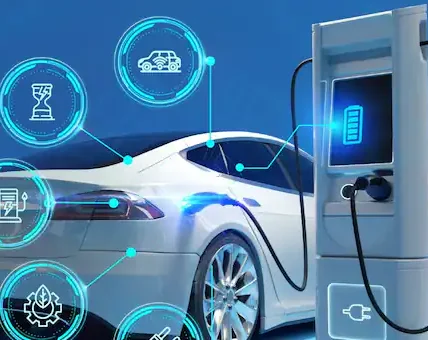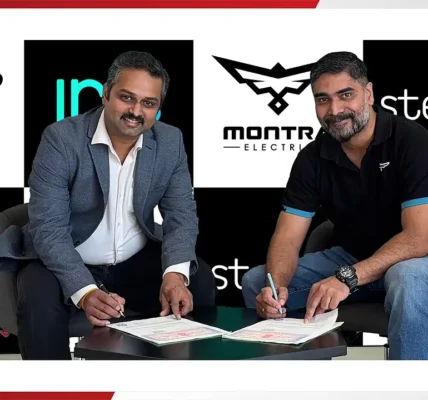The Indian automobile industry hit one of the lowest points in its history in the 2019-20 financial year. Struggling to improve customer sentiment while demand for new cars dropped significantly, the Indian automotive industry saw their sales plummet in the last 15 months. However, it seemed customers interested in electric vehicles didn’t hesitate much. The Indian EV industry grew by 20% in the last fiscal.
The Indian automobile industry hit one of the lowest points in its history in the 2019-20 financial year. Struggling to improve customer sentiment while demand for new cars dropped significantly, the Indian automotive industry saw their sales plummet in the last 15 months. However, it seemed customers interested in electric vehicles didn’t hesitate much. The Indian EV industry grew by 20% in the last fiscal.
On the growth front of the electric vehicle industry, Ravneet Phokela, Chief Business Officer Arther Energy said in an interview, “While a 20% increase in EV sales is a healthy jump, we believe it doesn’t reflect the massive growth potential of the EV market, especially e2w. We’ve barely scratched the surface. The demand was always there, but it needed strong, well-performing products that are viable alternatives to ICE (Internal Combustion Engine) vehicles to unlock this demand.”
Ather Energy acknowledges that E2Ws account for nearly 97.5% of all EVs sold in FY20 and it’s a trend that it sees continuing.
Currently, the COVID-19 lockdown has halted manufacturing and sales across the nation. However, EV players in India believe that in the post lockdown period, the demand for EVs is likely to face favourable conditions.
Sohinder Gill, Director General, Society of Manufacturers of Electric Vehicles said: “While the EV industry is surely going to face the brunt of COVID-19 like any other automotive business, the clearer skies and the cleaner air in even the worst polluting cities is certainly leaving a permanent impression in the minds of the customers about how they can breathe easy and remain healthy if the society moves towards E Mobility.”
India’s adoption of electric vehicles has been slow, but numbers show it is growing steadily. With the infrastructure still in its infancy, the Indian consumer continues to tread with caution with EVs. Range anxiety and cost of electric vehicles have been the major deterrents for consumers transitioning to EVs. As electric vehicle technology is expected to improve and advancements in battery technology take place range anxiety and cost will see a reduction. Since both the improving battery technology and infrastructure to support EVs are taking place at a steady pace, the trust and demand for EVs will only increase.







